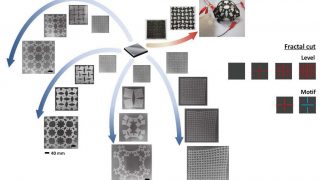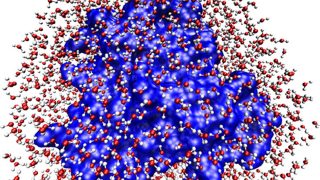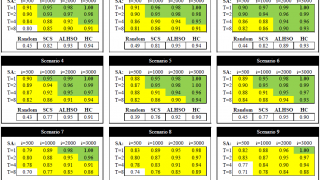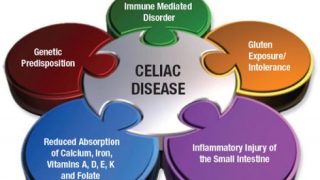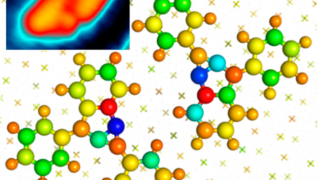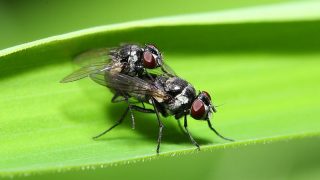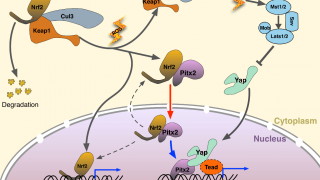
Regain the renewal capacity after myocardial ischemia? Pitx2 and its partners!
Author: Shu Ning got her BSc degree in Pharmacy from Shenyang Pharmaceutical University (China) in 2014. In 2016, she obtained her Master of Research degree on Clinical Research – Translational Medicine – at Imperial College London (UK) where she has worked on mitochondrial dysfunction in pulmonary smooth muscle cells from Pulmonary Arterial Hypertension. Currently she […]

